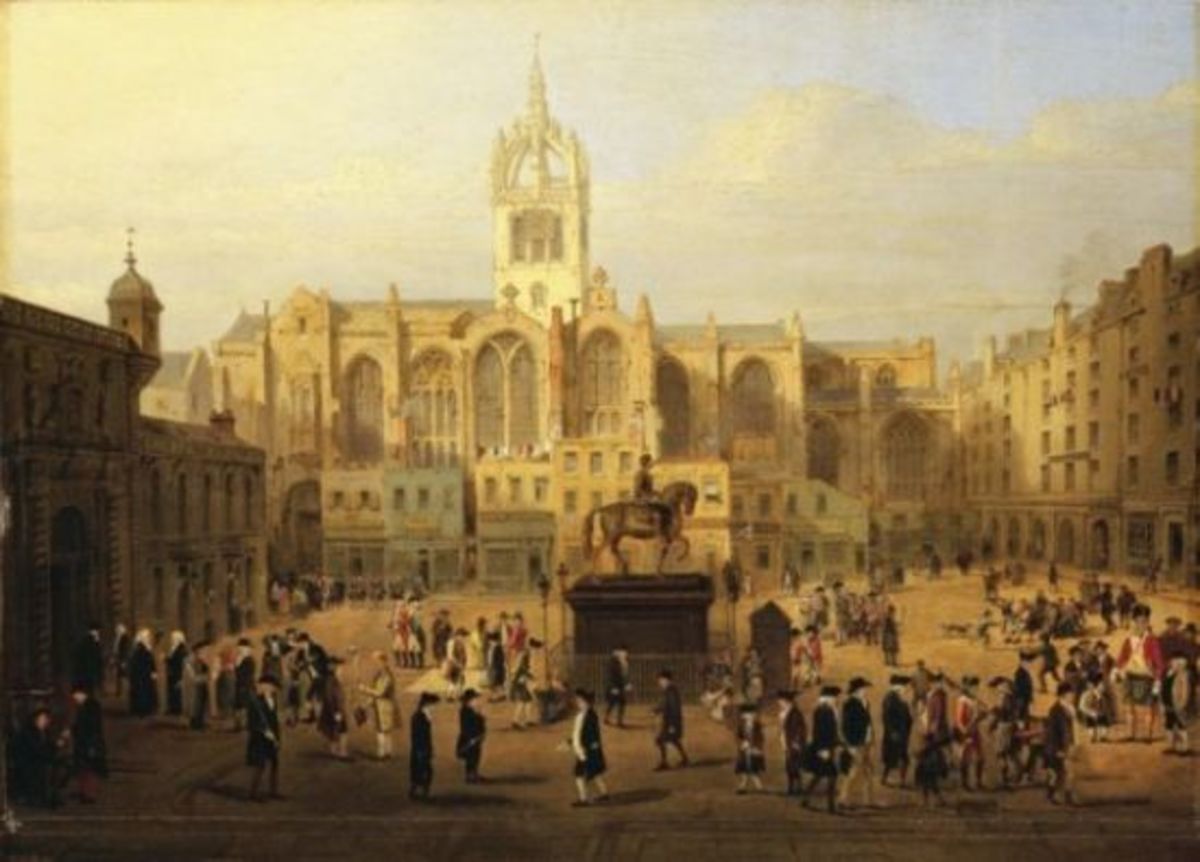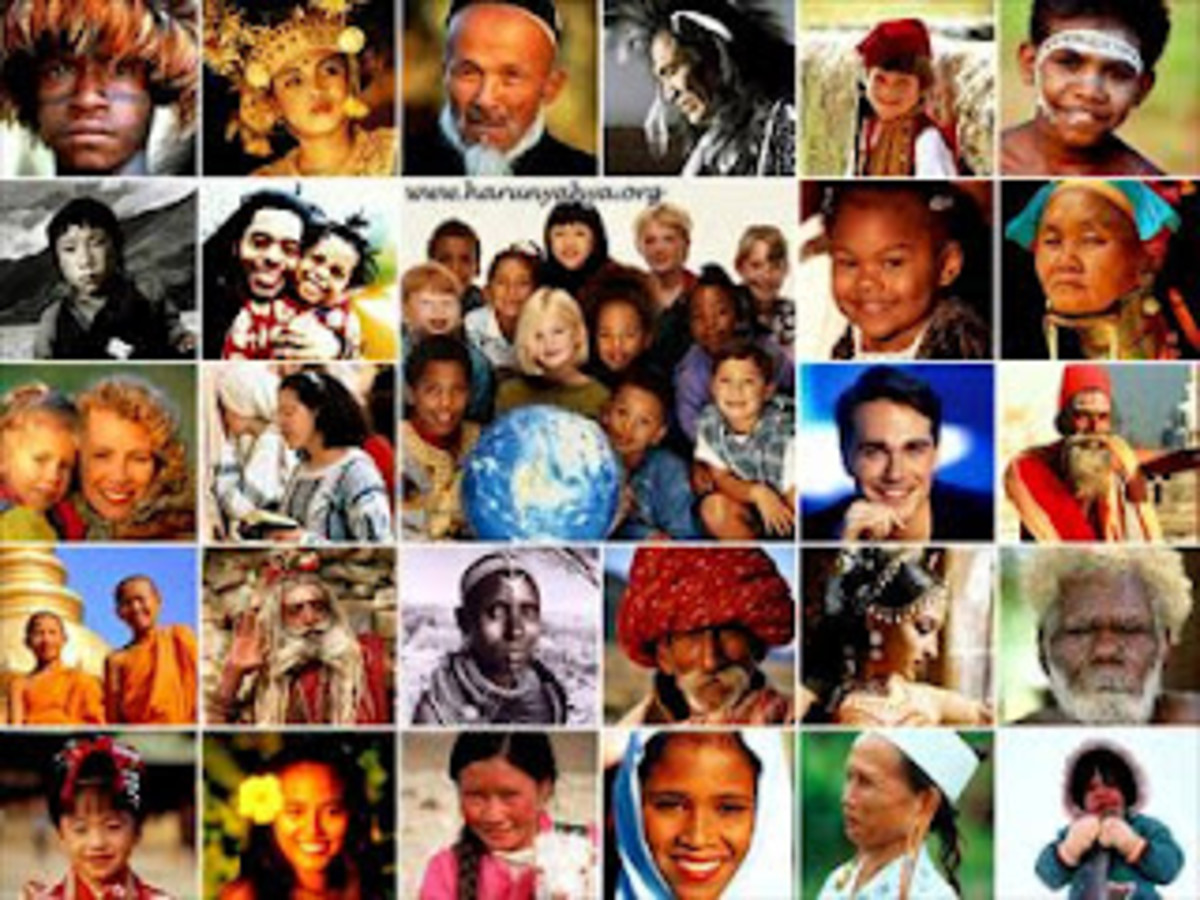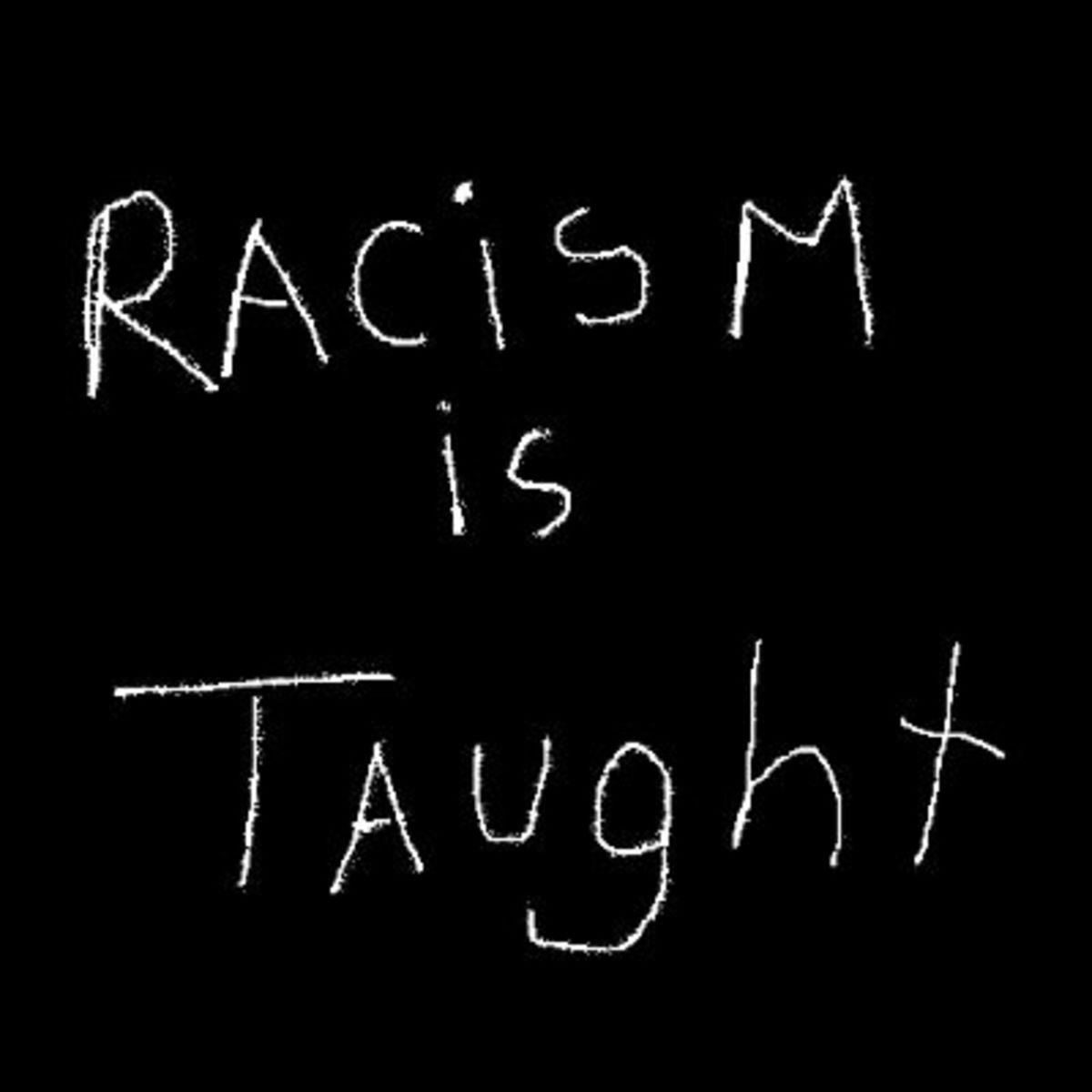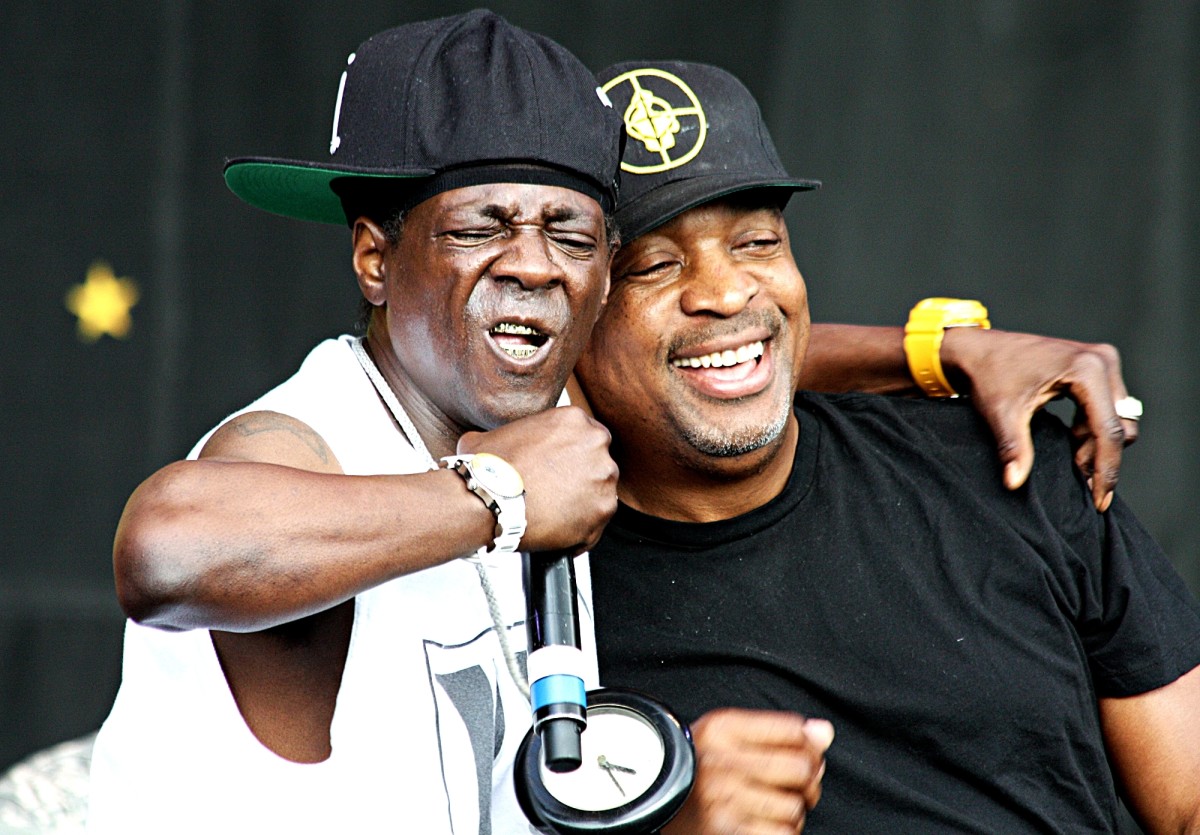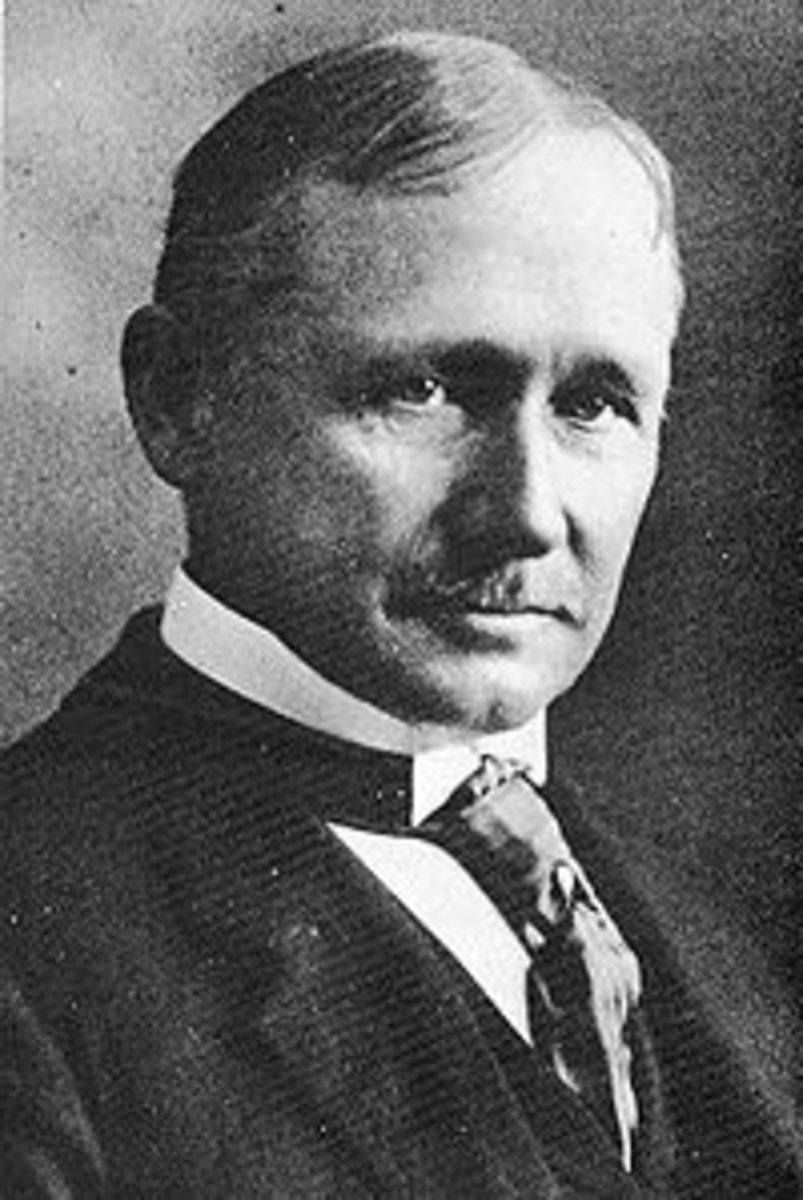Social Constructs and How They Influence Our Perception
Social constructs. The topic is so broad that it allows endless examples to get the main point across. If you have read any of my articles, you have probably heard the term "social construct" once or twice. Okay, maybe, several times. You may be curious as to what this concept is, and why sociologists would be so damned obsessed with it.
Have you heard of social constructs?
Social constructs are created for one of two reasons: To simplify a concept into an easily understandable phrase or to make it easier to manipulate society into following the system that wishes to control it. I'm more inclined to believe the latter.
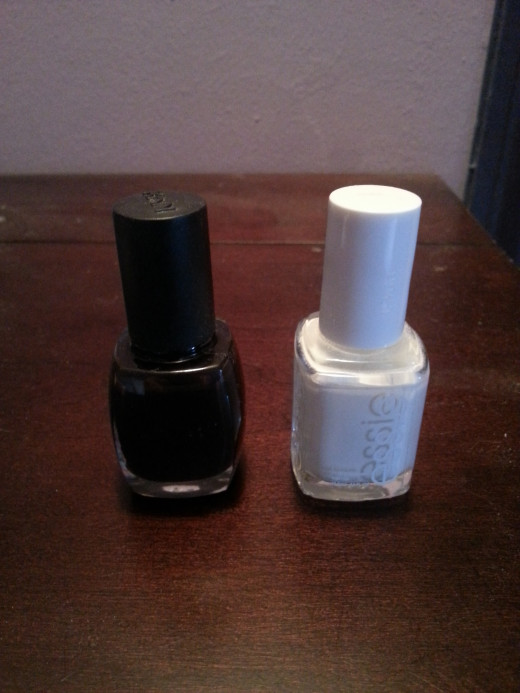
Race and Ethnicity
The first time a Sociology professor explained social constructs in one of my classes was in relation to race and skin color. I have never been racist, personally. In fact, I was always disappointed that throughout my k-12 (kindergarten through senior year) education only during first grade did I go to a school in which my friends consisted of multiple races and backgrounds. After that, it was back to the mostly white ignorant school that did have an impressive educational system, but obviously the socialization part was flawed if it was rare to see a black person. Anyway, in college, once I learned that the entire concept of race came from the slavery days, as a reason to see each other as different, I found the importance of understanding the influence of social constructs in social control to be fascinating.
Social activist bell hooks brings our attention not only to racism, but to this reality of white supremacy. White supremacy not only involves white vs. black, but gender, class, age, education, and so on. The categories discussed in this article only touch the surface of the endless list of social constructs used to divide, control, and distract us from the real problem—the corrupt power oppressing us. If you, the reader, are interested in feminist theorists and women's studies, please, read my article "Modern Feminism: The Destruction of The Women's Movement Pt I" and if you still like it, feel free to continue onto "...Pt II."

Economic Status
We like to believe that those with money have more intelligence, but how true is this? Anyone in customer service, like myself, who spends a great deal of time assisting wealthy people can vouch for a shortage of a wealth-intellect correlation. On the contrary, they probably know more about complex subjects, but when it comes to basic human interactions they can't see past their own noses. Yet, they can use their money to control who becomes president, and these chosen presidents usually don't care about the lower class people because there isn't money. Isn't it beautiful to live in a society in which money takes precedence over the greater good?
What do you think of the concept of "sexual orientation?"
Sexual Orientation and Behavior
Believe it or not, the term "homosexual" did not exist during biblical times, no matter how hard the fundamentalists try to claim the opposite. Society didn't need these labels. If someone wanted to know what someone else enjoyed, sexually, they would just ask! French philosopher, Michel Foucault wrote about how society transitioned from having open discussion about sexuality in the 17th century to regulating the discussion by the 19th century when the government began limiting it strictly between institutions while individuals were no longer permitted.
Clearly, while there is more freedom, today, there are still issues such as abstinence-only education in certain schools. I was going to add a section on religion, but this article would be quite long, and I don't wish to do that to anyone; therefore, I will mention that, like sexuality, religion became regulated when only preachers were allowed to read and interpret the bible, so that followers are unable to think for themselves. Personally, as with any socially labeled "taboo" topic, I am with Foucault on that the only way to better things is to talk about what we're not permitted to talk about.
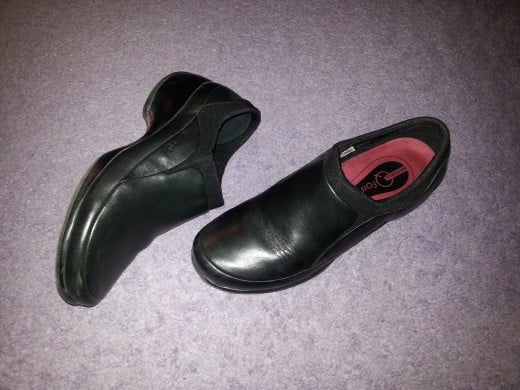
Gender and Gender Expression
Gender is a favorite topic of mine to discuss. Since binary gender is as oppressive to women as it is to men, we should have more individual control over our own. People either love or hate this idea, and it's clear as to why: Those who prefer the idea of controlling their own gender, or lack of one, are those who think freely about themselves and the world around them. Those who find this idea to be terrifying or inappropriate have been so conditioned by the social construct of gender that they are no longer in control of how they see or express themselves and rely on the manipulations of social law to determine their identity.
Judith Butler has been very active in the gender department of sociology. She frequently writes and speaks on the coined term "doing gender." Society views gender as representation rather than as personal expression. For example, Butler is a woman who dresses in pant suits, rather than skirts or dresses, and has short hair. If she were "doing gender" she would have the long hair and wear the dresses and skirts. Again, more information can be found in my article "Modern Feminism..Pt I."
Authority
All of these categories come from an authority's enforcement. Unlike them, some of my sociology professors used to point out how much they hate making their students refer to them as "professor," and instead insist on being called by their first name or, hell, whichever they preferred! They also hated giving the impression that they know everything about everything just because they have an impressive college degree. They encouraged us to teach them as much as they were teaching us. It was a shared learning experience instead of a chance to assert their power over us merely because of their educational and professional status. Wouldn't it be great if everything worked like that?
Do you participate in the census?
So, what can we do to disarm the power of these social constructs? One suggestion by professors has been to opt out of self-identifying in the census. Did you know that you don't really have to answer? One friend once told me, "When they ask what my race is, I say 'human.'" When you think about it, who cares how many white or black people live in an urban area? Why aren't more important questions at the top of the discussion? Basic survival necessities such as pure drinking water, for example, may be a tad more vital than the skin color of most people in a given town. Then again, perhaps I'm being too radical.
© 2015 social thoughts

